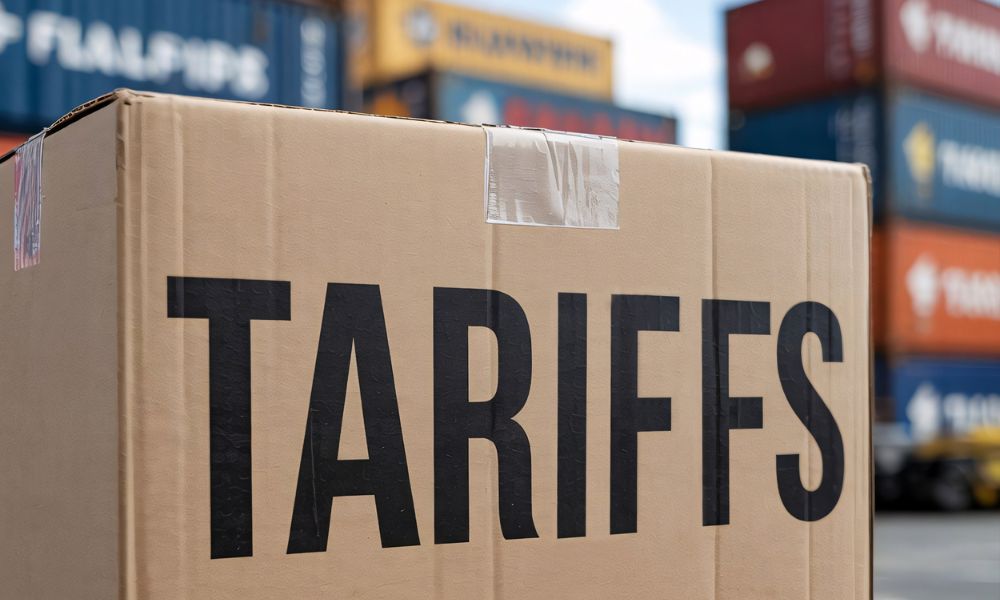Fixed-income co-head at AGF explains why fixed-income investors might consider exposure to potential positive political surprises

The rise of populism across the world – including emerging markets – might be universally considered as a net negative by bond investors who prize stability and loathe default risk. But as pointed out by Tristan Sones from AGF Investments, the script of populist administrations taking over with wildly seductive promises of change, only to put the country on a path to unsustainable debt, is by no means a ubiquitous one.
“Populism was a political force in many developing countries long before the recent rising tide that has enveloped much of the world, the West included, but the cycle of debt-and-destruction has not always played out,” wrote the vice-president and portfolio manager, Co-Head of Fixed Income at AGF Investments in a new commentary.
With soaring debt levels and the continuing impact of COVID-19, Sones said EM bonds that could benefit from political and economic reform should not be in short supply. As an example, he pointed to Ecuador, which had restructured its debt and committed to fiscal responsibility under the leadership of its former President Lenín Moreno. Because Moreno did not seek re-election this year, it opened a space for Andrés Arauz, a left-wing candidate who vowed to tear up the IMF-backed austerity plan and give a $1,000 cheque to one million families, to take the first round of the election in February.
“However, in the run up to the second round the more centrist candidates joined forces pushing centre-right candidate Guillermo Lasso to a surprise victory in the runoff,” Sones said. Following that result, short-term Ecuadorean bonds went from languishing in the US$50 range following Arauz’s primary win to more than US$80 after Lasso’s victory.
Of course, things could play out much less favourably, as they did for Argentina. Sones recounted how in 2018, then-president Mauricio Macri took on an ambitious program of fiscal restraint and structural renewal as the country had just been the beneficiary of the largest IMF bailout ever up to that point. While that austerity program delighted global debt investors, it sorely tested the electorate and, in 2019, they voted to replace Macri with centre-left populist Alberto Fernandez.
“Since then, the fiscal deficit has worsened, and the Argentinian peso has tumbled,” Sones said, noting that the country last year defaulted on its debt for the ninth time in its history, leaving its bonds trading at roughly 35 cents on the U.S. dollar today. “Meanwhile, foreign currency reserves are near zero … making it extremely difficult, if not impossible, for Argentina to make debt payments to the IMF or anyone else.”
Those contrasting examples, he said, show just how divergent the fortunes of EMs can be, and how some EM bonds suppressed by political concerns might see their price appreciate substantially if concerns surrounding them prove unwarranted. Beyond that, developing economies that are highly exposed to the global economy today may be able to take advantage of a post-COVID recovery tomorrow.
“In today’s environment, with yields low and spreads between bond classes tight, it makes sense for fixed income investors to have the flexibility to consider some EM bond exposure that might take advantage of situations where politics and economic reform are in play,” Sones said. “The risks, however, can be high, and it is important to be thoughtful and avoid bias.”



